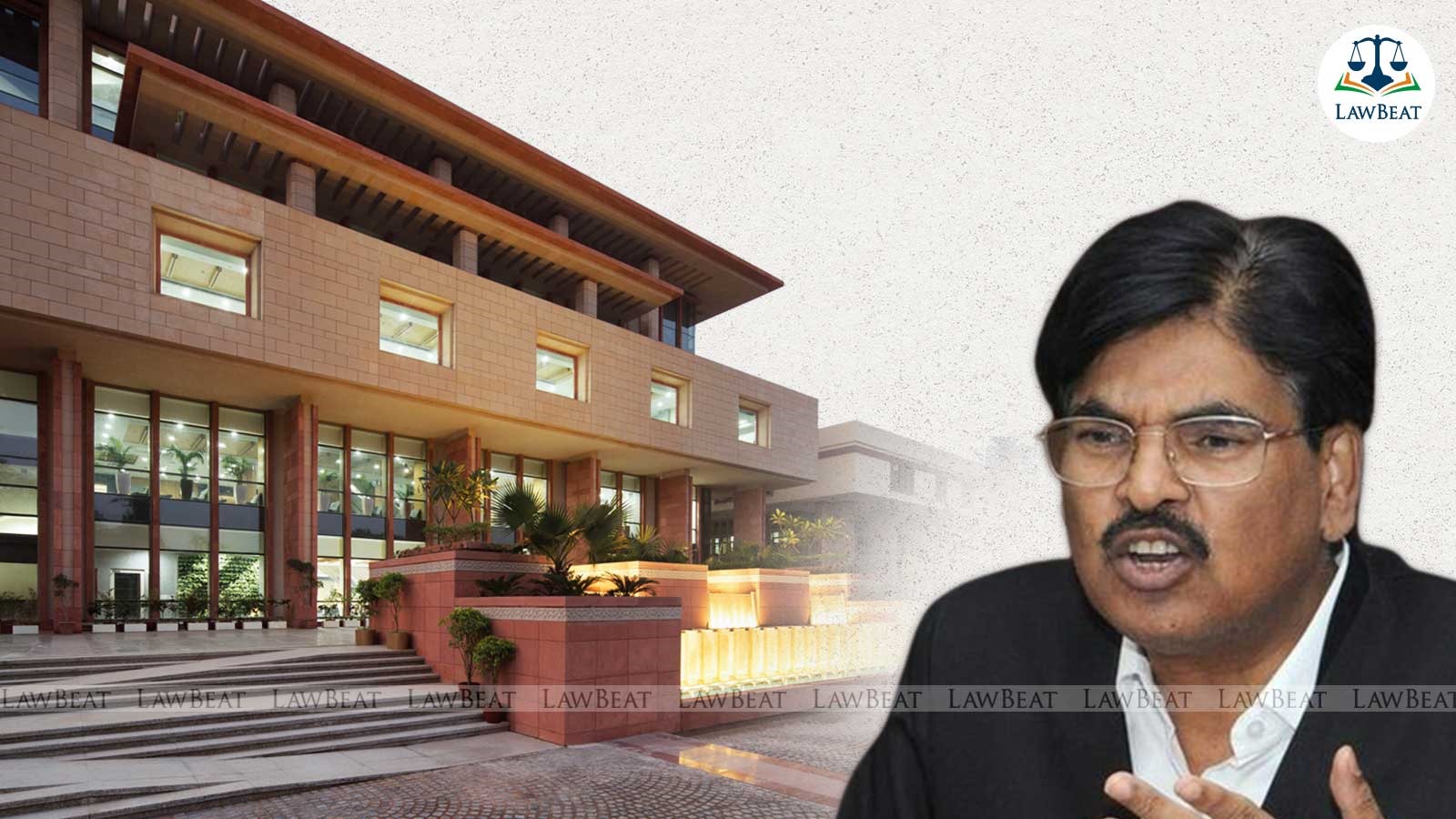'Misplaced, Lacks Merit' : Delhi HC Rejects Petition To Disqualify BCI Chairman Manan Kumar Mishra From Rajya Sabha

The Delhi High Court called the present petition misplaced and without merit, thereby slapping a fine of ₹25,000 to be deposited by the petitioner, Amit Kumar Diwakar.
The Delhi High Court recently remarked, "The petition is misplaced and lacks locus standi," while rejecting a plea that sought directions to disqualify Bar Council of India (BCI) Chairperson Manan Kumar Mishra from the Rajya Sabha.
The bench presided over by Justice Sanjeev Narula upheld the Constitution and reiterated that a procedural framework is stipulated under Article 103 for the disqualification of members and said, "When a question regarding the disqualification of a Member of Parliament arises, the matter is referred to the President for a decision, and before rendering any decision, the President is constitutionally mandated to obtain the opinion of the Election Commission."
The court further pointed out that the opinion of the EC holds utmost significance in matters concerning whether the grounds for disqualification are met.
Addressing the issue of locus standi, the court said the election petition is restricted to the elector and the candidate within the Representation of the People Act, 1951."Since the petitioner was neither an elector nor a candidate in the election in question, he lacked the necessary locus standi to initiate an election petition, it added.
Advocate Amit Kumar Diwakar had approached the court by way of a writ petition, contending that Mishra while holding the office of Chairman of the Bar Council of India, which is a statutory body, could not simultaneously serve as a sitting member of the Rajya Sabha.
In his plea, Advocate Diwakar raised substantial questions as to whether the office of Chairman of the BCI qualifies as an “office of profit” and that simultaneously serving as a Member of the Rajya Sabha contravenes with Article 102(1)(a) of the Constitution.
Refuting these claims, Justice Sanjeev Narula stated that merely alleging Mishra is holding an “office of profit” cannot form the basis for the court to issue directions to the Ministry in disregard of the constitutional process.
Assistant Solicitor General of India, Chetan Sharma, appearing for the Union of India, along with Advocate Maninder Singh, argued before the bench that the said petition was not maintainable.
Consequently, the court also upheld that "Section 80 of the Representation of the People Act, 1951, explicitly provides that an election can only be challenged by way of an election petition presented under the Act."
In emphasizing Article 329, the court highlighted that the said Article bars courts from interfering in electoral matters. It further said, "No election to either house of Parliament shall be questioned except by an election petition presented to the appropriate authority and in the manner provided by law."
Conclusively, the court opined that election-related disputes are strictly subject to procedural requirements and that they cannot be bypassed by invoking Article 226 of the Constitution, as doing so would undermine the legislative intent behind it. Hence, the present petition is not maintainable.
Accordingly, the court ordered a fine of Rs 25,000/- to be deposited by the petitioner within 4 weeks.
Case Title: Amit Kumar Diwakar v Union of India
